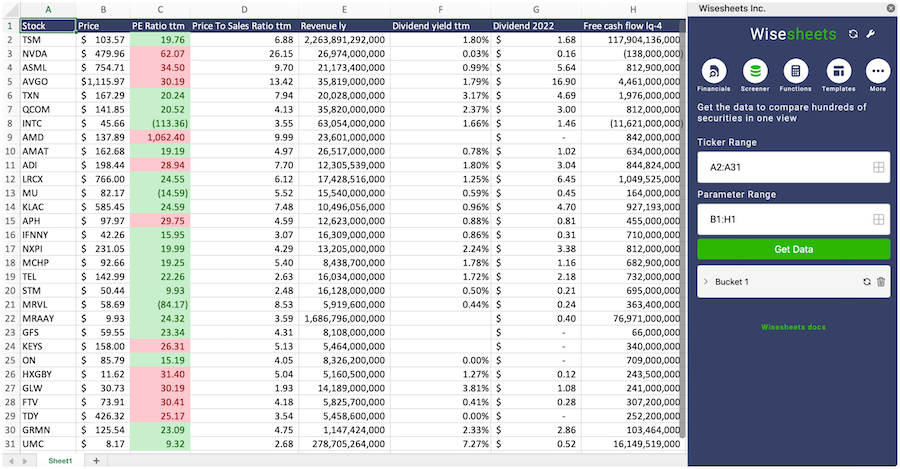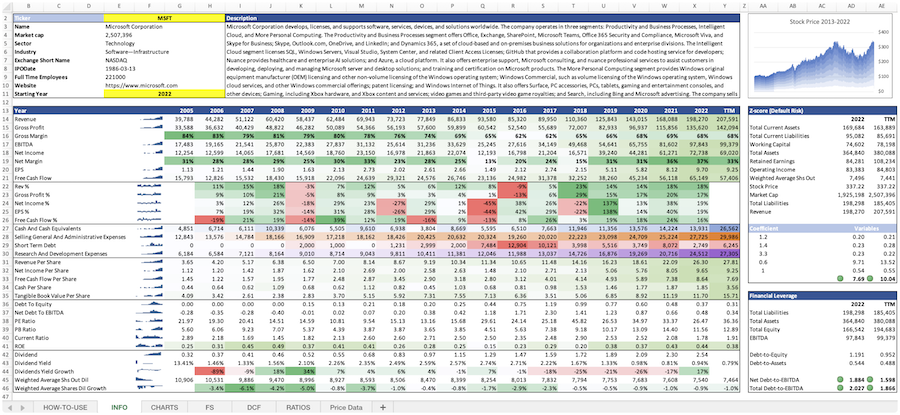Oriola Oyj
OKDAV.HE
Price:
$1.025
Market Cap:
$185.51M
Oriola Oyj provides healthcare and wellbeing products in Sweden, Finland, and internationally. The company offers over the counter (OTC) pharmaceutical and traded goods, vitamins, dietary supplements, cosmetics, skincare products, sports drinks, and wound care products. It also provides logistics, advisory, sales and marketing, and expert services for pharmaceutical companies, pharmacies, hospital pharmacies, veterinaries, as well as the grocery trade shops. In addition, the company offers pharmaceutical staffing and dose dispensing services for public and private healthcare operators, pharmacies, groceries, veterinarians, and retailers. As of December 31, 2021, it operated 319 pharmacies in...[Read more]
Industry
Medical - Pharmaceuticals
IPO Date
2006-07-03
Stock Exchange
HEL
Ticker
OKDAV.HE
PE Ratio
[-9.32]
ROE
[-16.16%]
Current Ratio
[0.84]
Dividend Yield
[6.85%]
Enterprise Value
[121.11M]
Dividend History
The PE Ratio as of December 2025 (TTM) for Oriola Oyj (OKDAV.HE) is -9.32
According to Oriola Oyj’s latest financial reports and current stock price. The company's current PE Ratio is -9.32. This represents a change of 179.30% compared to the average of -3.34 of the last 4 quarters.
Oriola Oyj (OKDAV.HE) Historical PE Ratio (quarterly & annually)
How has OKDAV.HE PE Ratio performed in the past?
The mean historical PE Ratio of Oriola Oyj over the last ten years is 24.22. The current -9.32 PE Ratio has changed -3946.80% with respect to the historical average. Over the past ten years (40 quarters), OKDAV.HE's PE Ratio was at its highest in in the June 2021 quarter at 92.69. The PE Ratio was at its lowest in in the December 2019 quarter at -460.31.
Average
24.22
Median
24.91
Minimum
-9.55
Maximum
65.75
Oriola Oyj (OKDAV.HE) PE Ratio by Quarter and Year
Discovering the peaks and valleys of Oriola Oyj PE Ratio, unveiling quarterly and yearly fluctuations to gain insights into the company’s financial performance and market dynamics, offering valuable data for investors and analysts alike.
Maximum Annual Increase = 103.83%
Maximum Annual PE Ratio = 65.75
Minimum Annual Increase = -888.46%
Minimum Annual PE Ratio = -9.55
| Year | PE Ratio | Change |
|---|---|---|
| 2024 | -8.03 | -15.90% |
| 2023 | -9.55 | -114.53% |
| 2022 | 65.75 | 103.83% |
| 2021 | 32.26 | 5.76% |
| 2020 | 30.50 | -33.74% |
| 2019 | 46.03 | 56.47% |
| 2018 | 29.42 | 44.15% |
| 2017 | 20.41 | 11.73% |
| 2016 | 18.27 | 6.24% |
| 2015 | 17.19 | -888.46% |
Oriola Oyj (OKDAV.HE) Average PE Ratio
How has OKDAV.HE PE Ratio performed in the past?
The current PE Ratio of Oriola Oyj (OKDAV.HE) is less than than its 3-year, less than than its 5-year, and less than than its 10-year historical averages
3-year avg
16.05
5-year avg
22.18
10-year avg
24.22
Oriola Oyj (OKDAV.HE) PE Ratio vs. Peers
How is OKDAV.HE’s PE Ratio compared to its peers?
Oriola Oyj’s PE Ratio is less than Oriola Oyj (-8.03), less than Lassila & Tikanoja Oyj (112.80), less than Raisio plc (20.95), greater than YIT Oyj (-10.83), less than Orion Oyj (27.94),
| Company | PE Ratio | Market cap |
|---|---|---|
| -8.03 | $185.51M | |
| 112.80 | $397.40M | |
| 20.95 | $412.22M | |
| -10.83 | $714.61M | |
| 27.94 | $8.70B |
Build a custom stock screener for Oriola Oyj (OKDAV.HE) and other stocks
One of the best ways to find valuable stocks to invest in is to build a custom made screener in your Excel or Google Sheets spreadsheet. This allows you to compare thousands of companies like Oriola Oyj using the financials and key metrics that matter to you in a single view.
The easiest way to set this up is to use the Wisesheets add-on and set your spreadsheet like this:
Covering all these metrics from financial, data, dividend data, key metrics and more you can get all the data you want for over 50+ exchanges worldwide.
Get your free trial here.
Oriola Oyj (OKDAV.HE) and other stocks custom spreadsheet templates
The easiest way to analyze a company like Oriola Oyj or any others is to create a spreadsheet model that automatically retrieves all of the stock data you need.
Using Wisesheets you can set up a spreadsheet model like this with simple spreadsheet formulas. If you change the ticker you can get all of the data automatically updated for you.
Whether you need live data, historical price data, financials, dividend data, key metrics, analyst estimates, or anything else...Wisesheets has you covered.
Frequently asked questions❓
What is the PE Ratio?
How can you use the PE Ratio?
What is Oriola Oyj's PE Ratio?
How is the PE Ratio calculated for Oriola Oyj (OKDAV.HE)?
What is the highest PE Ratio for Oriola Oyj (OKDAV.HE)?
What is the 3-year average PE Ratio for Oriola Oyj (OKDAV.HE)?
What is the 5-year average PE Ratio for Oriola Oyj (OKDAV.HE)?
How does the current PE Ratio for Oriola Oyj (OKDAV.HE) compare to its historical average?

